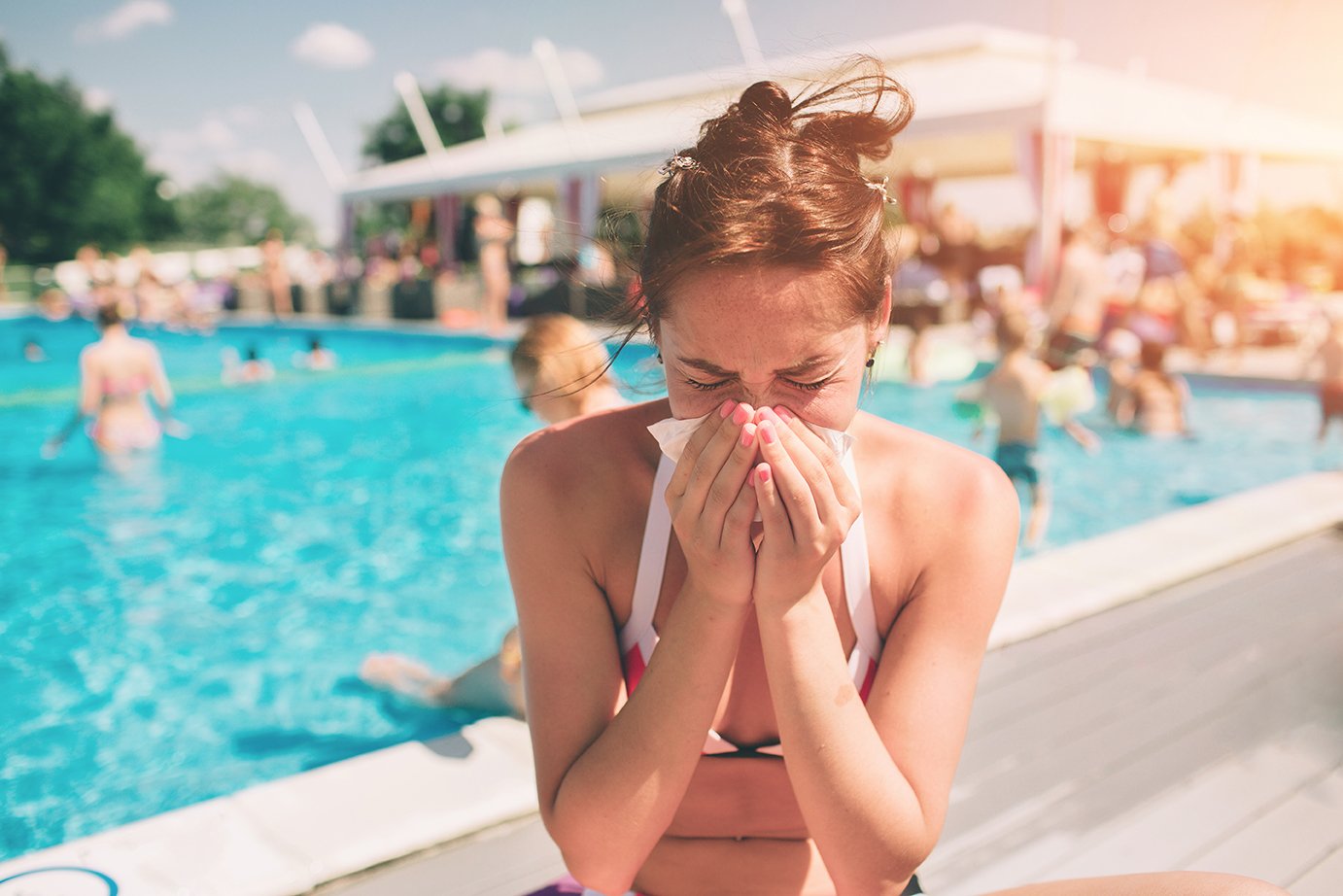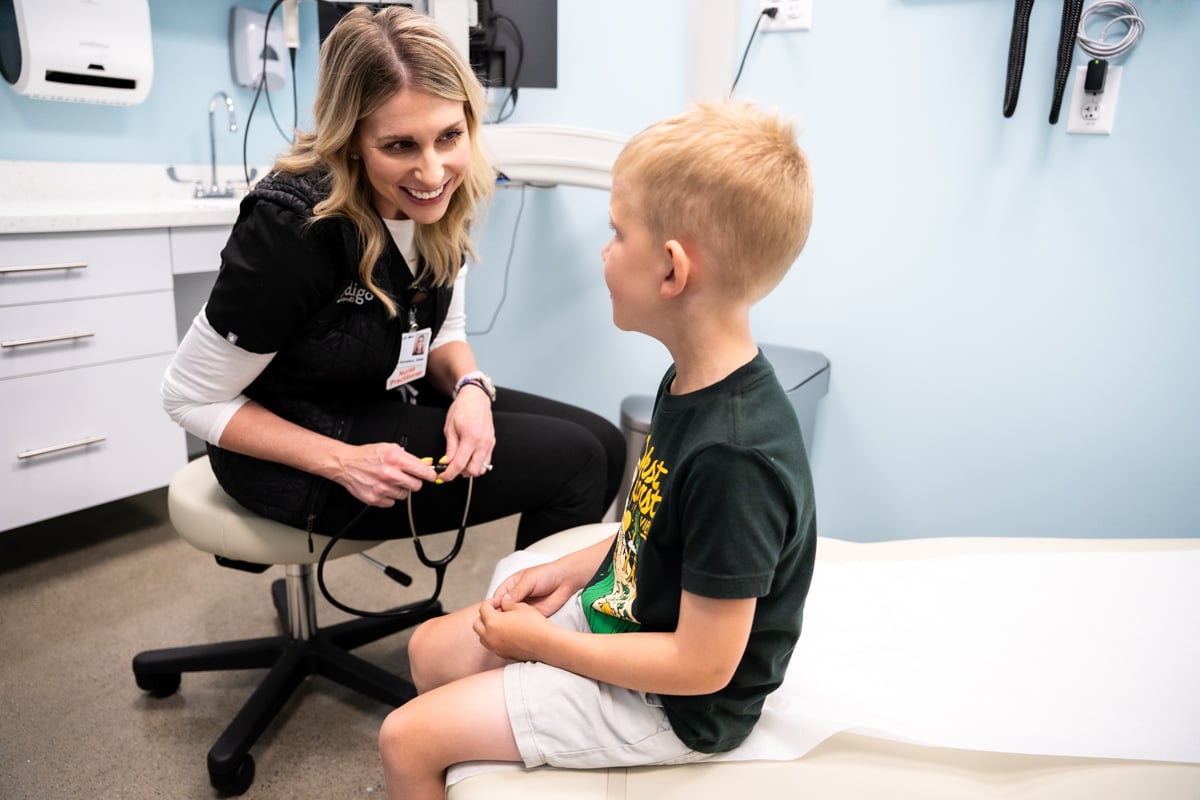The summer months are a celebrated time of tossing away our Northwest wool socks to venture outside and expose our shy shoulders to the sun. It is not a time when we would expect to catch a cold. No, not the kind of chill from the freezer where your pineapple popsicles are stored. We’re talking about the actual virus cold that notoriously runs amok at work, home and school in the wintertime. Is there a difference between these seasonal colds? Yes, and here’s what’s up.
What causes the common cold?
The common cold that we associate with winter can be caused by over 200 different viruses. These viruses are known as rhinoviruses and are one of the most common causes of colds in the colder months of the year. They are common in these colder months when the virus can spread more easily in cold, dry air. Summer colds, on the other hand, are generally caused by a different kind of virus. In the warmer months, like between June and October, non-polio enteroviruses become more common, peaking in the summer. Yes, that means more than 200 viruses out there are passing around colds year-round.
One way to remember the difference between the two viruses is that rhinoviruses primarily infect the upper respiratory tract. Symptoms of both summer and winter colds, however, can be very similar: mild respiratory symptoms, a sore throat, head and muscle aches, nausea and vomiting, and a sudden fever between 101 and 104 degrees can all be anticipated with summer colds.
Getting over it
A sore throat and body aches are not ideal for a day at the beach, but the good news is summer colds are just as treatable as winter colds are. Start by getting plenty of rest and carry a water bottle around with you to stay hydrated by drinking a lot of fluids. You can even take some immune-boosting vitamins and minerals to help your body fight off the virus, getting you straight back to all the good feels of the sun’s vitamin D.
Now you know that you can catch a cold anytime, anywhere. So, make sure you’re taking care of your immune system by eating nutritious foods, avoiding too much stress and getting plenty of sleep, which is essential to resetting your immune system each day. And keep up on your hand washing – a dip in the pool doesn’t count. While the sunny weather may have you feeling invincible, always visit an urgent care center if your cold worsens or doesn’t show any signs of getting better.


